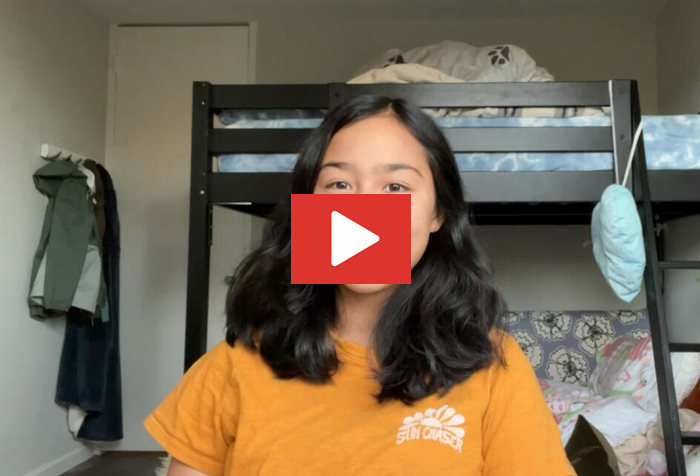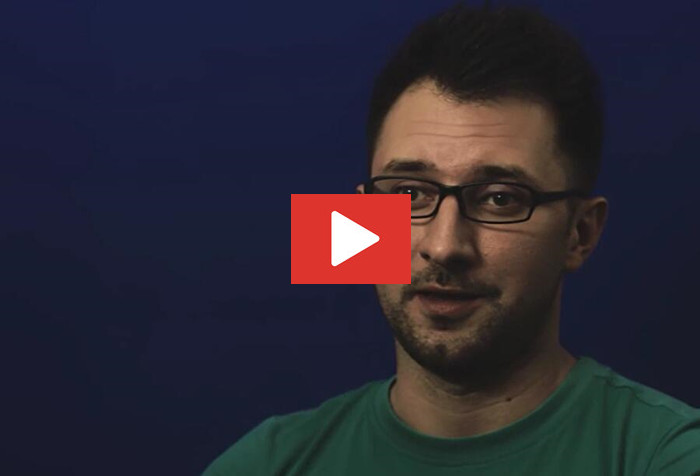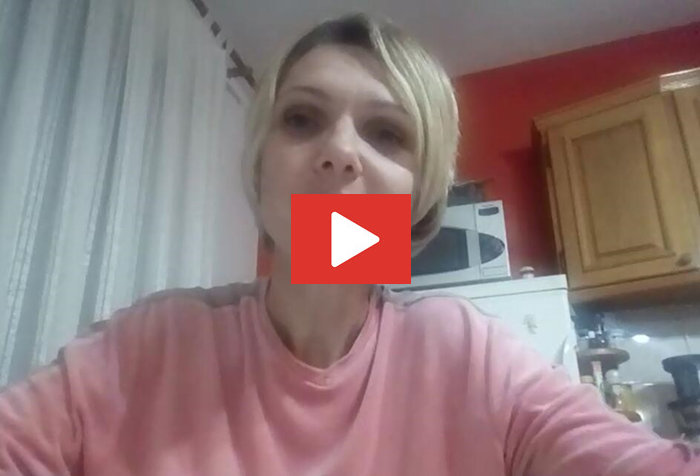亡羊补牢 (wánɡ yánɡ bǔ láo)
| Words | Meaning | Recording |
|---|---|---|
kū lonɡ 窟窿 |
hole | |
diāo 叼 |
to hold in the mouth | |
diū 丢 |
to lose | |
xiū 修 |
to mend | |
jiē shòu 接受 |
to accept | |
quàn ɡào 劝告 |
advice |
从前有个人,养了几只羊。一天早上他去放羊,发现少了一只。原来羊圈破了个窟窿,夜里狼从钻进去,把那只羊走了。街坊劝他说:“赶快把羊圈一修,堵上那个窟窿吧。”他说:“羊已经了,还修羊圈干什么呢?” 第二天早上,他去放羊,发现羊又少了一只。原来狼又从窟窿钻进去,把那只羊叼走了。
他很后悔,不该不街坊的,心想:现在修还不晚。他赶快堵上那个窟窿,把羊圈修的结结实实的。从此,他的羊再也没丢过。
There was once a shepherd, who raised a few sheep. One morning, when the shepherd decided to graze the sheep, he discovered that one of his sheep was missing. It turned out that, during the night, a wolf had stolen his sheep through a hole in the sheepfold. His neighbor suggested to him: "You should fix the sheepfold and cover the hole right away." But the shepherd said: "The sheep is already lost. What do I fix it for?" The next morning, he discovered that another sheep was missing. Once again, the wolf stole the sheep through the hole in the sheepfold.
The shepherd regretted not taking the neighbor's advice. He thought: It’s ever too late to mend the sheepfold. He covered the hole right away and it was as strong as before. From then on, no more sheep was stolen.
The story of Chinese idiom 亡羊补牢 literally means "to mend the sheepfold after losing sheep". It tells us: When one made a mistake, as long as he can draw a lesson from it seriously, he will avoid making mistakes again and suffering greater losses. It’s never too late to correct the mistakes after you know it.
e.g.
这次 比赛 输了,我们 要 总结 经验,亡羊补牢。
We should learn from this game that we lost. It’s never too late to mend the sheepfold.
这次 做错了,只要 亡羊补牢,下次 就会 好的。
As long as you draw a lesson from the mistake, you will do better next time.
到 警察局 去 自首 吧,你 应该 知道 亡羊补牢 的 重要性。
Give yourself up to the police. You are clever enough to know importance of “Wang Yang Bu Lao”.
Experience Your First Class!
Get a 30-minute FREE trial to see what our online classes look like.
Apply Now




